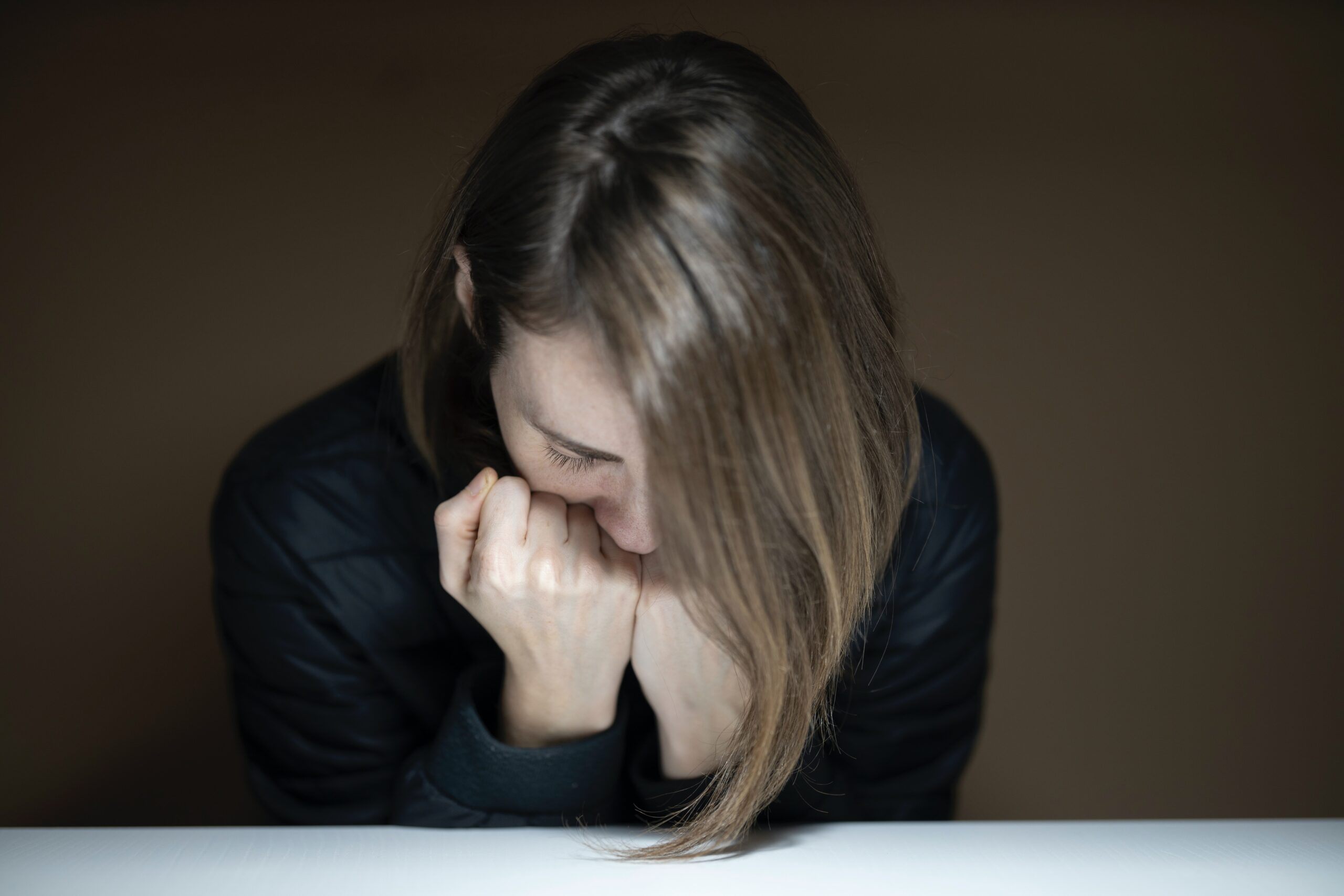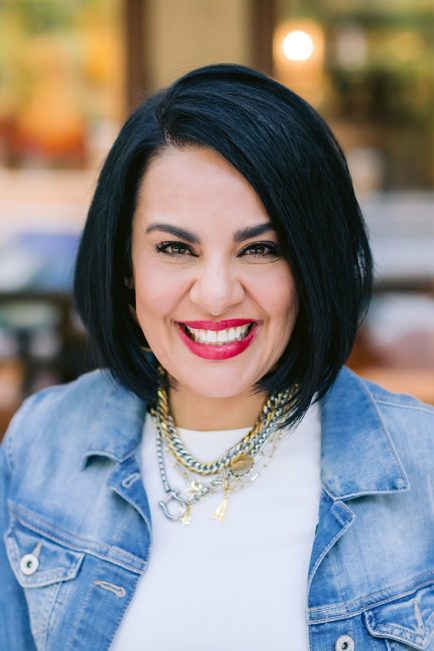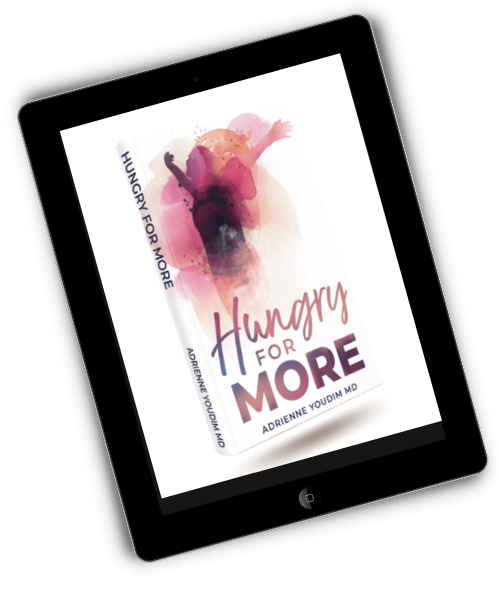I cannot imagine a better time than this week, when we celebrate Norouz, the Persian New Year, and on the heals of International Woman’s Day to speak with a powerhouse female physician, Dr. Noshene Ranjbar, psychiatrist and faculty at the Center for Mind Body Medicine, where she and her colleagues are doing tremendous work to heal trauma around the globe.
Trauma has become a term used quite readily in our culture these days to describe the emotional injury or hurt that is experienced by all of us. As Dr. Rajbar explains, trauma can include loss of a loved one, loss of a relationship as in a divorce or loss of a job. The impact of these losses is relative to the person and what may be injurious to one may not be the same for another. But one thing is certain, that experiencing injuries and hurt is a universal human experience, and that these experiences can have profound impact on how we live our lives.
In this week’s episode of Healthbite, we discuss what trauma is, the physical and emotional impact of trauma, and the science behind it, including the fascinating study of epigenetics that describes how trauma is passed down from generation to generation.
As I discuss in Hungry for More, studies have shown that childhood trauma, also known as adverse childhood events, including a history of abuse, divorce or incarceration in the household, among other factors, when experienced in childhood increase the risk of developing autoimmune disease, heart disease, certain cancers as well as obesity, as an adult. In fact, studies conducted by the CDC have shown that a history of any one of these adverse events increases the risk of having a BMI >40 (roughly 100 pounds of excess weight by nearly 20%.) I teach my colleagues about these statistics every week and it still surprises me to report it. You may also be surprised to know that this correlation is not because of psychological or emotional factors but epigenetic factors impacting our DNA.
The good news is, as Dr. Ranjbar teaches us, that engaging in mind body practices can begin to heal trauma. In fact, Dr. Ranjbar and her colleagues have done this work with US war veterans with PTSD, displaced individuals following Hurricane Katrina, families who have lost children in school shootings in Broward County, Florida to children and adults in war torn areas around the world including Haiti and Kosovo, Israel and Gaza, to medical students and physicians facing burnout, to cancer patients and now are training Iranians to help heal the suffering caused by decades of oppression and the ongoing humanitarian crisis in their country. If you want to contribute to this effort, click here.
Through this expansive work, Dr. Ranjbar and colleagues have shown that “express(ing) ourselves through colors, through expression by words, through writing, through movement, through creating community, hearing others, learning from others,” we can heal ourselves and those around us.
You can hear the entire episode here and as always if you have found this information valuable, please share with a friend or someone you love.
Wishing you a joyful and healthy week.
Happy spring, and a meaningful Norouz to those who celebrate 


Xx
Dr. Adrienne


